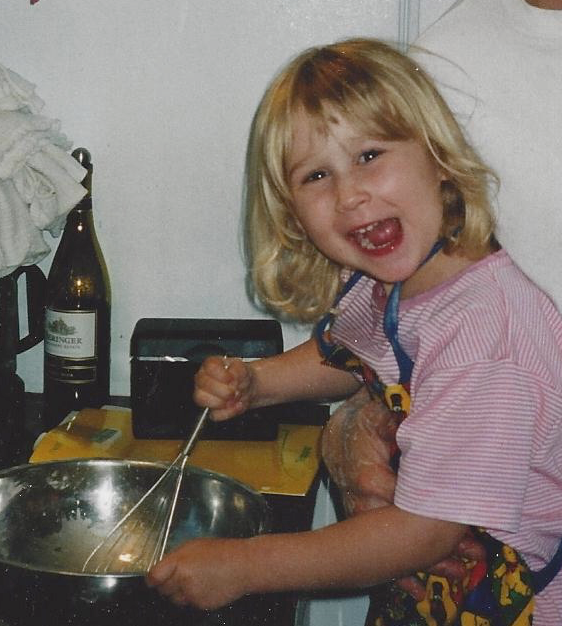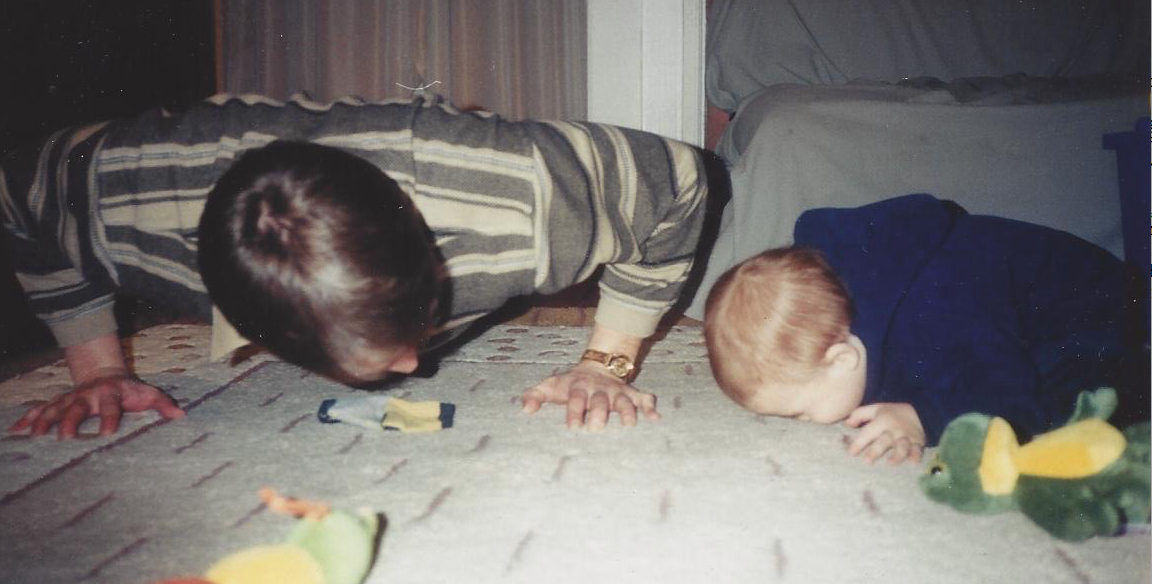 When I play, which I don't do often enough (although I consider some of my cooking time play time), I am truly in the moment. Young children play all the time. That's what they do. It's their job. They learn by osmosis, through playful imitation of the adult world. Playing leaves the left side of the brain, the rational-analytical side, out of the equation, and stays in right-brain mode. Play is creativity and spontaneity, not calculated analysis. Games like chess or poker or truly competitive sports are not play because they are about left brain strategy, which involves thinking in words.
When I play, which I don't do often enough (although I consider some of my cooking time play time), I am truly in the moment. Young children play all the time. That's what they do. It's their job. They learn by osmosis, through playful imitation of the adult world. Playing leaves the left side of the brain, the rational-analytical side, out of the equation, and stays in right-brain mode. Play is creativity and spontaneity, not calculated analysis. Games like chess or poker or truly competitive sports are not play because they are about left brain strategy, which involves thinking in words.
What makes play play is its state of mindfulness, which is absent of words. The younger children are, the more they exist in this state, not thinking about what they ate for breakfast or what they will play this afternoon. Martha Beck wrote in Finding Your Way in a Wild New World: "the way to cope with the increasing complexity of the wild new world is to play more." Her enlightened advice for dropping into the mindful world of play is to leave the words out - by the way, that's exactly where meditation is headed. "Words are the language of the mind, emotions are the language of the heart," a fellow grad schooler said to me in that regard. Drop the words, drop your beingness down down down - until you reach your heart. Here words don't exist. Words separate, words tag, they have their role, but we spend most of our time in word land and not enough in heart land.
Let's go on a journey to heart land and play.


